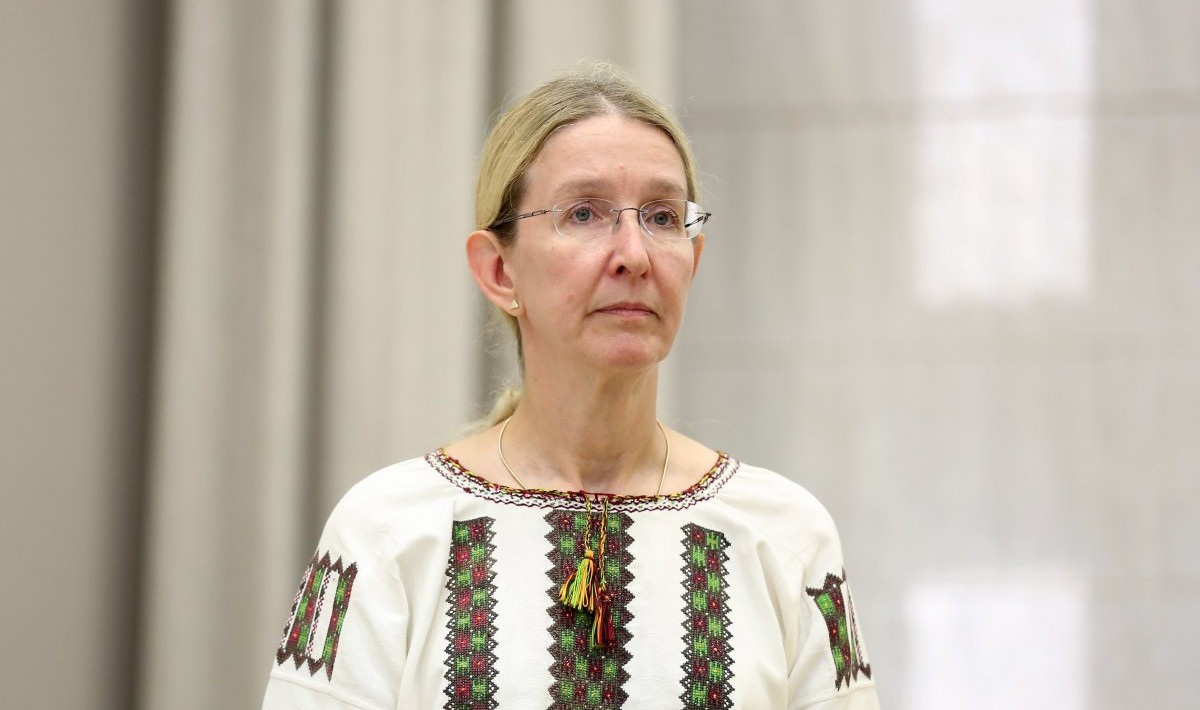
A corrupt, bureaucratic system where the public’s basic health needs are unmet saw the result of relatively high levels of disease and injury compared to former communist Central European countries and the industrialized West, the author wrote in an article titled "The Doctor Is In: Ukraine’s New Health Minister Already Shaking Up Sclerotic System".
In the past, the Ministry of Health has been seen as complicit with this broken health care system: at best, looking the other way to ignore inefficiency and corruption; at worst, participating in the system’s incompetence and lack of results.
But change is already underway as Acting Minister of Health Uliana Suprun, an American-educated medical doctor, has begun addressing institutional weaknesses in Ukraine’s health care system to the benefit of ordinary Ukrainians.
Read alsoBudget-2017: healthcare costs increased by 6%, medication purchase – by 50%Since taking office in late July, Dr. Suprun canceled Decree 33, the perverse Soviet-era directive that based hospital funding in Ukraine on the number of beds in a medical facility, as opposed to the flesh and blood patients who need care and attention. It is estimated that as many as 75% of publicly-funded hospital beds go unused in relatively small rural facilities. This decree had the effect of wasting limited government support in difficult fiscal years. Now, with Decree 33’s elimination, there will be a focus toward allocating health care appropriations to patients.
Second, Dr. Suprun persuaded the cabinet to increase health care funding by 7.5% over last year. Government support for health care is still not where it needs to be; it is well under health care spending in the European Union as a percentage of gross domestic product, according to the World Health Organization. But it is roughly at the same level as state spending in Central Europe and the Baltics, and is approaching a level sufficient to meet Ukrainians’ health care priorities—a step in the right direction in a system where most Ukrainians rely on state-supported health care and few carry private health insurance.
Read alsoNo holdups this time for Ukrainian minister eyeing next IMF cash - BloombergMore taxpayer money is not the sole answer to improved health care in Ukraine, of course. There is new thinking occurring on the topic of introducing workable health insurance to Ukraine. But in a state-sponsored system, increased resources certainly help, just as increased budgets assist any underfinanced ministry.
Third, the ministry is reforming the way vaccines are procured in Ukraine to break traditional corruption schemes. Recently, vaccine procurement by international partners to combat polio, tuberculosis, and other diseases—supervised by the new team at the Ministry of Health—has already saved more than UAH 800 million, about $30 million. That money can be used to purchase twice as many vaccines as before, which will translate into a significant number of Ukrainians receiving preventive treatment.
Health care in Ukraine is indeed shifting in values and priorities. But reform implementation is slow. But the Verkhovna Rada, the Cabinet of Ministers, and the presidential administration are beginning to reform a system burdened with all of the problems associated with Soviet and post-Soviet health care.
The preliminary results from the new team at the Ministry of Health are a welcome sign as the country continues to move toward Europe, the article concludes.

